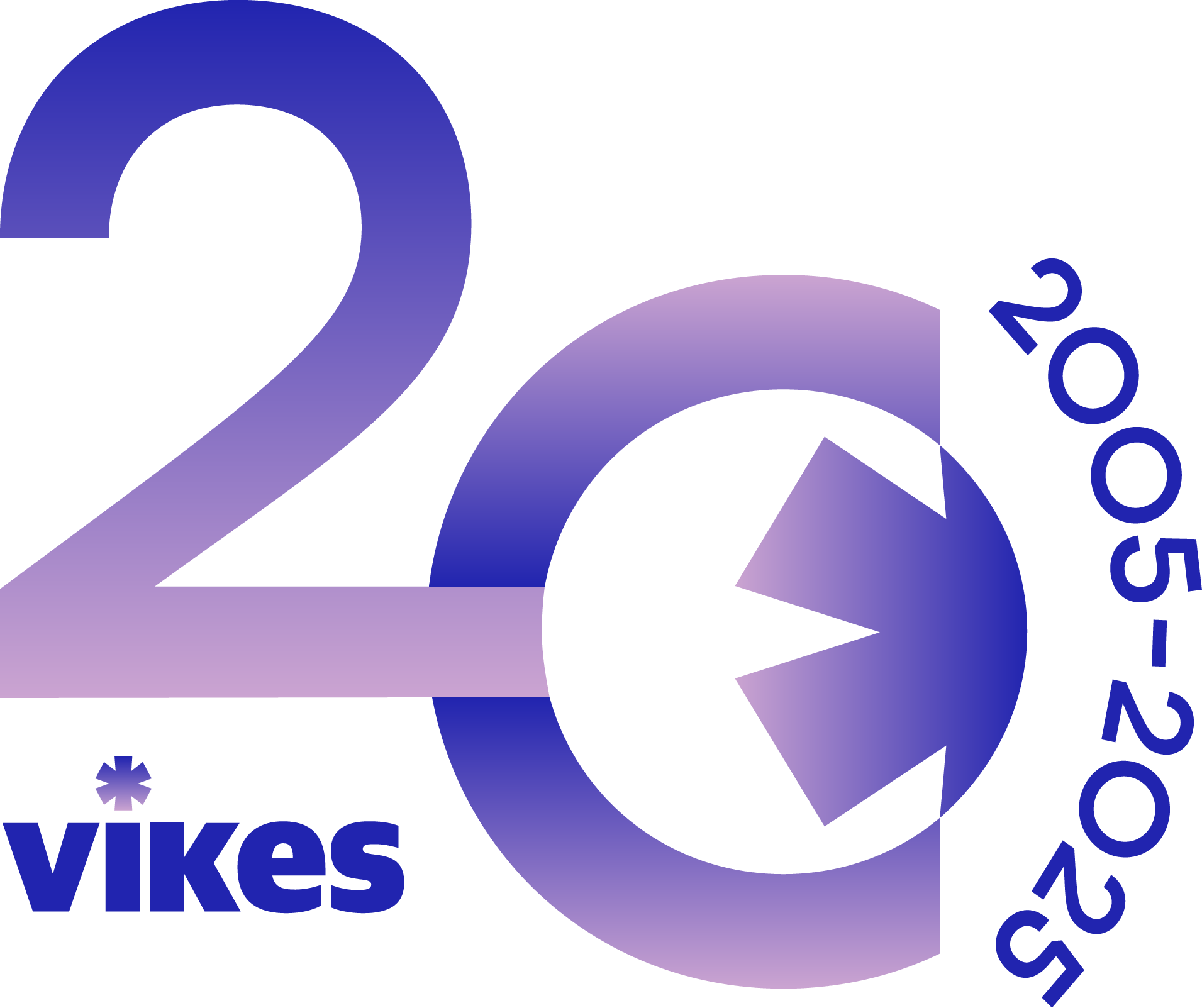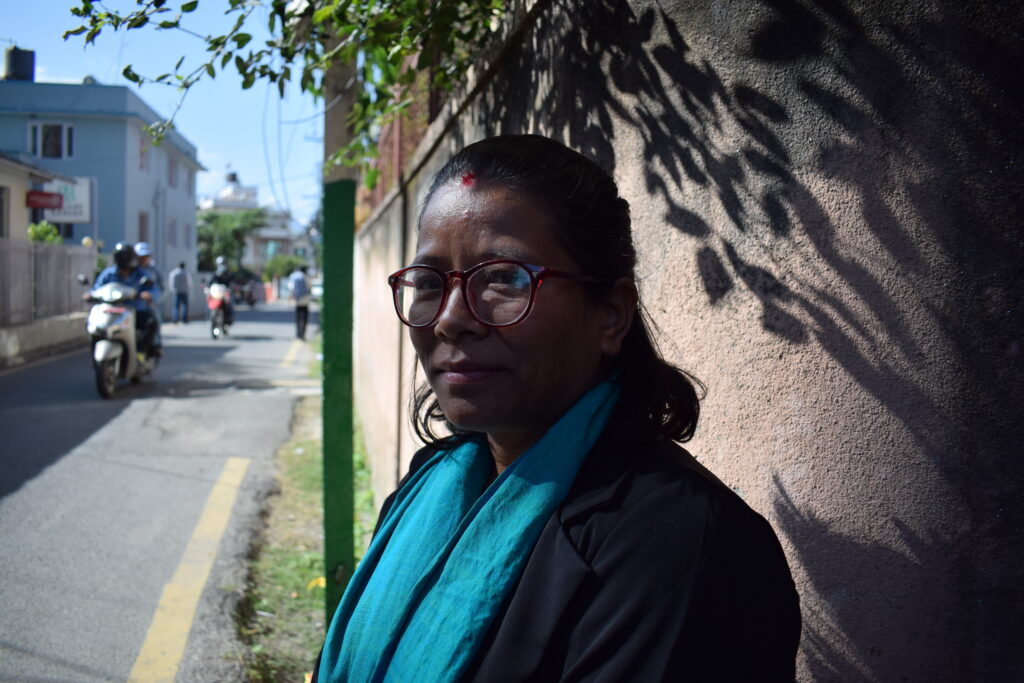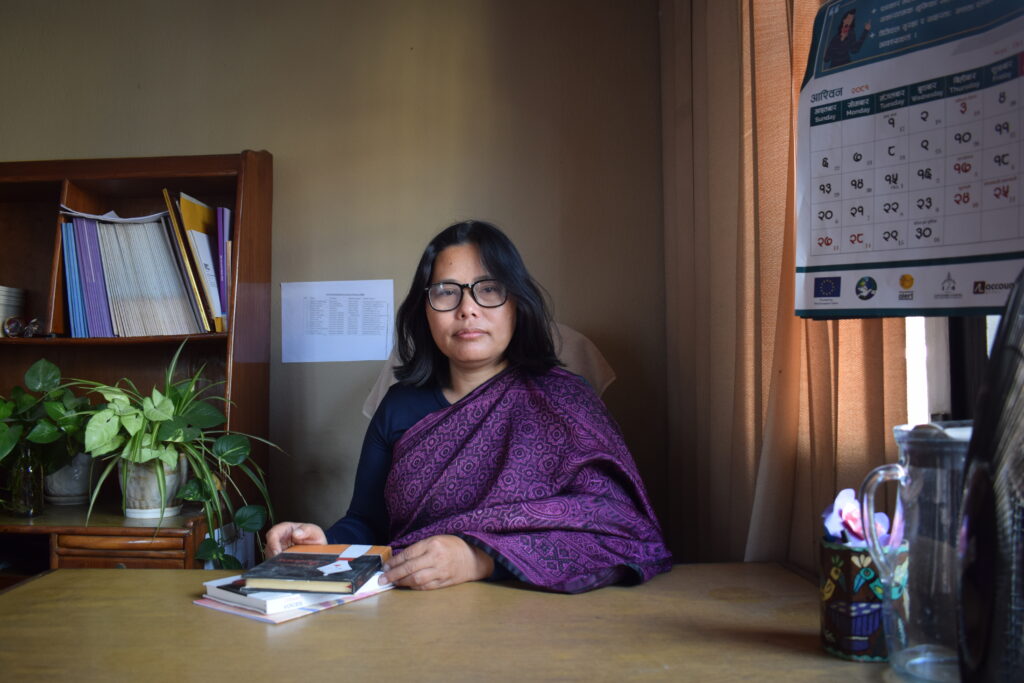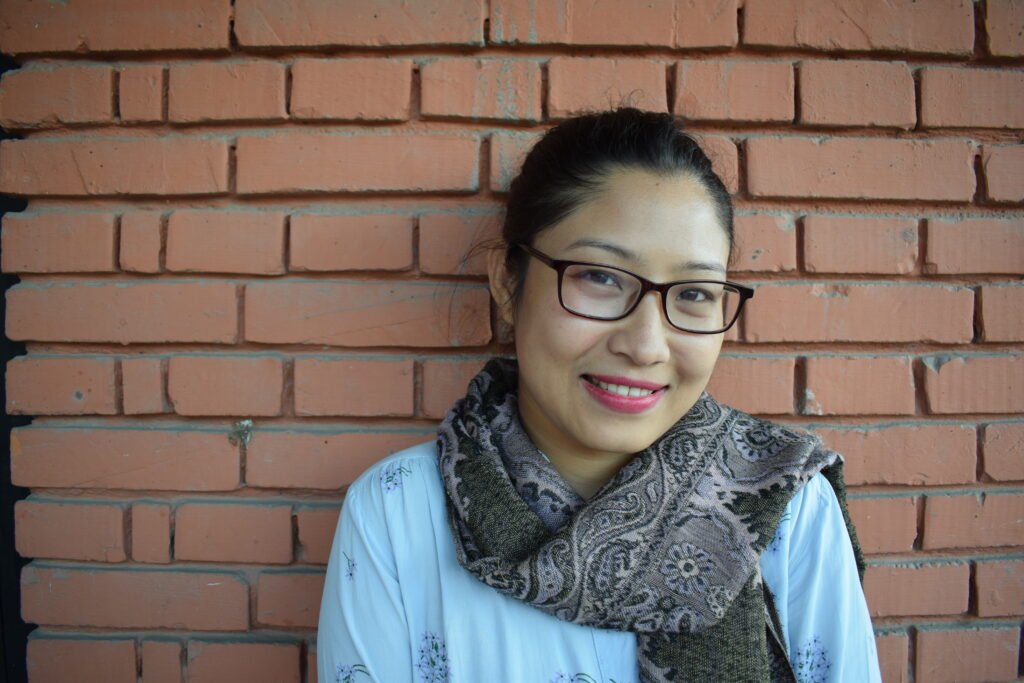Avasna Pandey is a Nepali journalist and programme manager.
Photo by Esa Salminen
In Nepal, it is now easier to be a journalist if you are a woman.
So says journalist Avasna Pandey, programme manager at the Centre for Investigative Journalism.
“From what I’ve heard from my colleagues, there used to be a lot of sexual harassment, frankly,” she says.
“Back then people might not even have known it was harassment, but now people are more aware. Women are sensitive about harassment and the men in the editorial staff know what is appropriate and may no longer feel they have the right to do whatever they want.”
News topics have no gender
One of the projects coordinated by Pandey is the Women in Media project, in partnership with Vikes and three Tanzanian organisations.
One problem, she says, is that men are still a clear majority in the editorial offices. The second is that men tend to get the harder and more appreciated beats.
“Editors and managers put people in stereotypical boxes. Women are given cultural affairs and women’s issues, men are given politics and security,” she says.
Correcting this imbalance requires a conscious effort from both women and men.
“News stories have no gender, but it still needs work to become normal thinking in Nepali newsrooms.”
Aiming for an equal working atmosphere
The Women in Media project aims to create a working culture where women are seen as professional workers just as men are.
The Centre for Investigative Journalism provides training for women and helps them to write investigative stories.
“In Nepal, investigative journalism is typically done by men, so we want to break the taboo that women can’t do investigative stories.”
At the same time, the Centre is organising training events and workshops for editors and desk editors, because a lot depends on these gatekeepers as to whose stories get published and who gets to do the stories in the first place.
“We try to make them aware of their role and that they may be reinforcing stereotypes with the way they assign tasks,” says Pandey.
The aim would be to have a front page story written by a woman.
Hard research
The Centre for Investigative Journalism also supports its trainee journalists to write stories and get them published.
Recently, its trained journalists have investigated the situation of undocumented people, tax evasion, the use of natural resources and forced relocation of people, inefficient local government and witchcraft accusations against women, among other issues.
The Centre is part of the international network of investigative journalists ICIJ, which was nominated for the Nobel Peace Prize last year.



